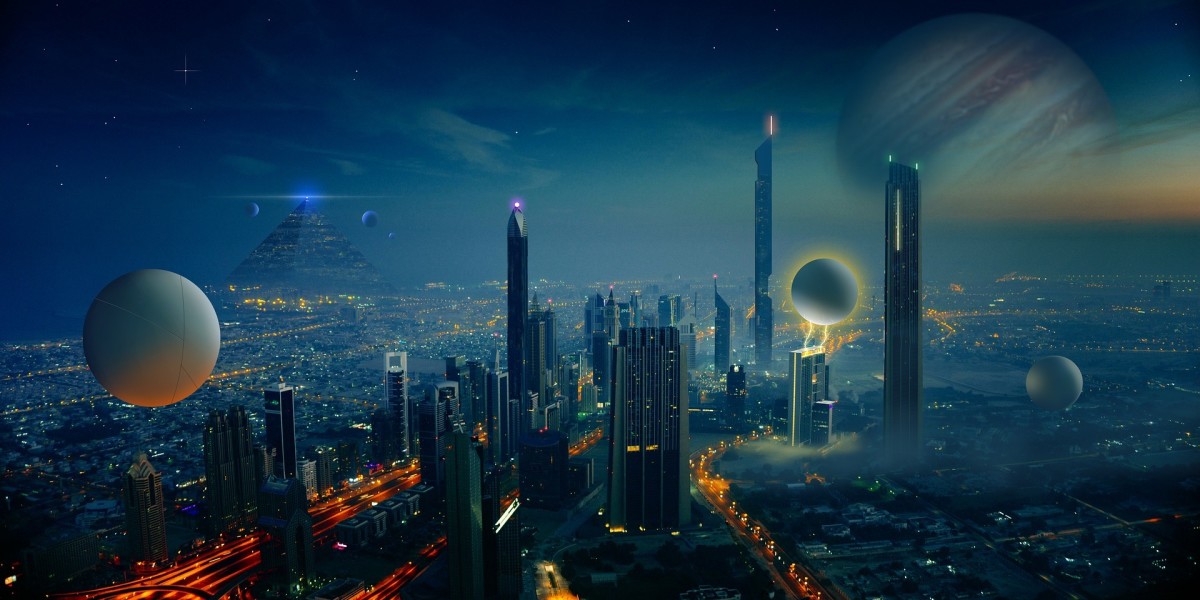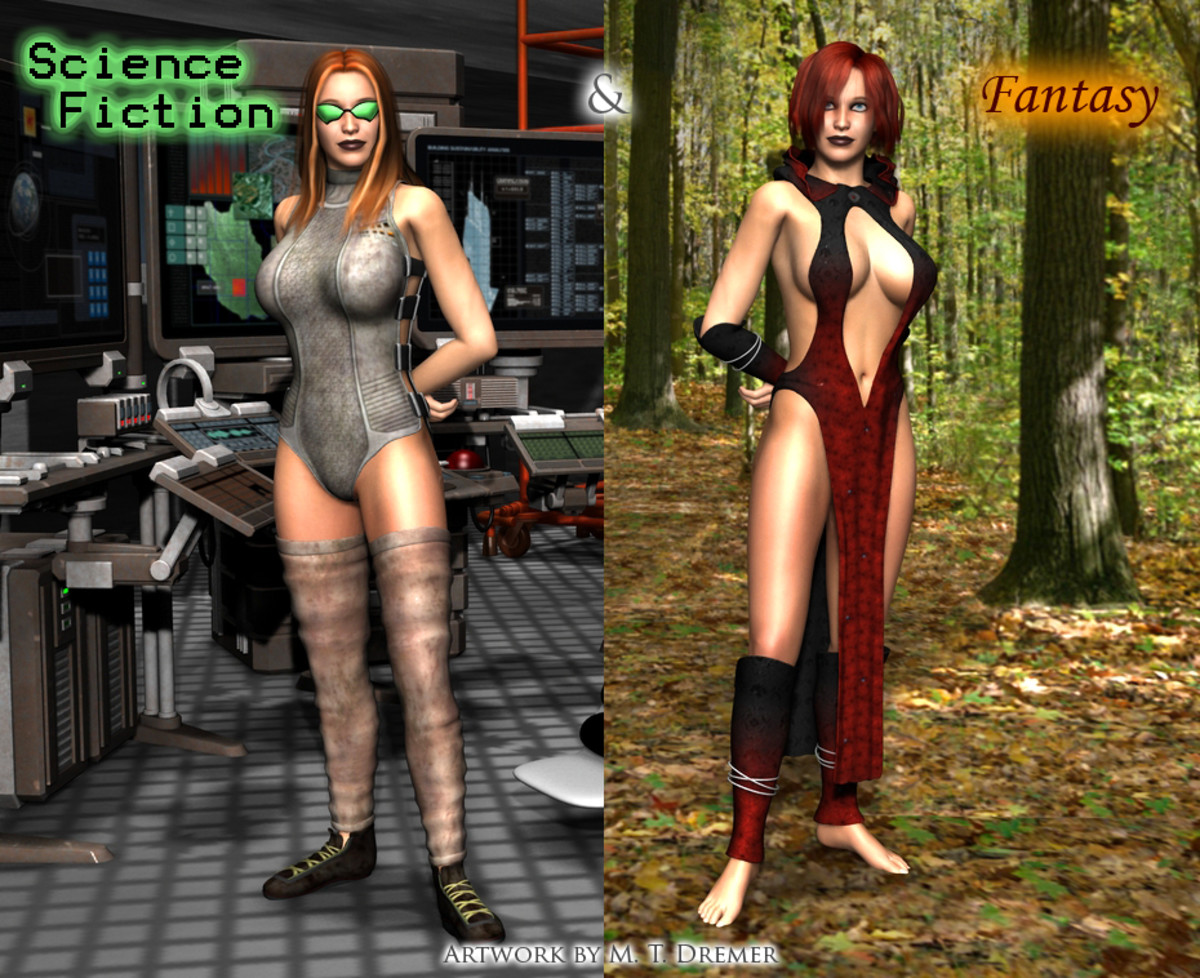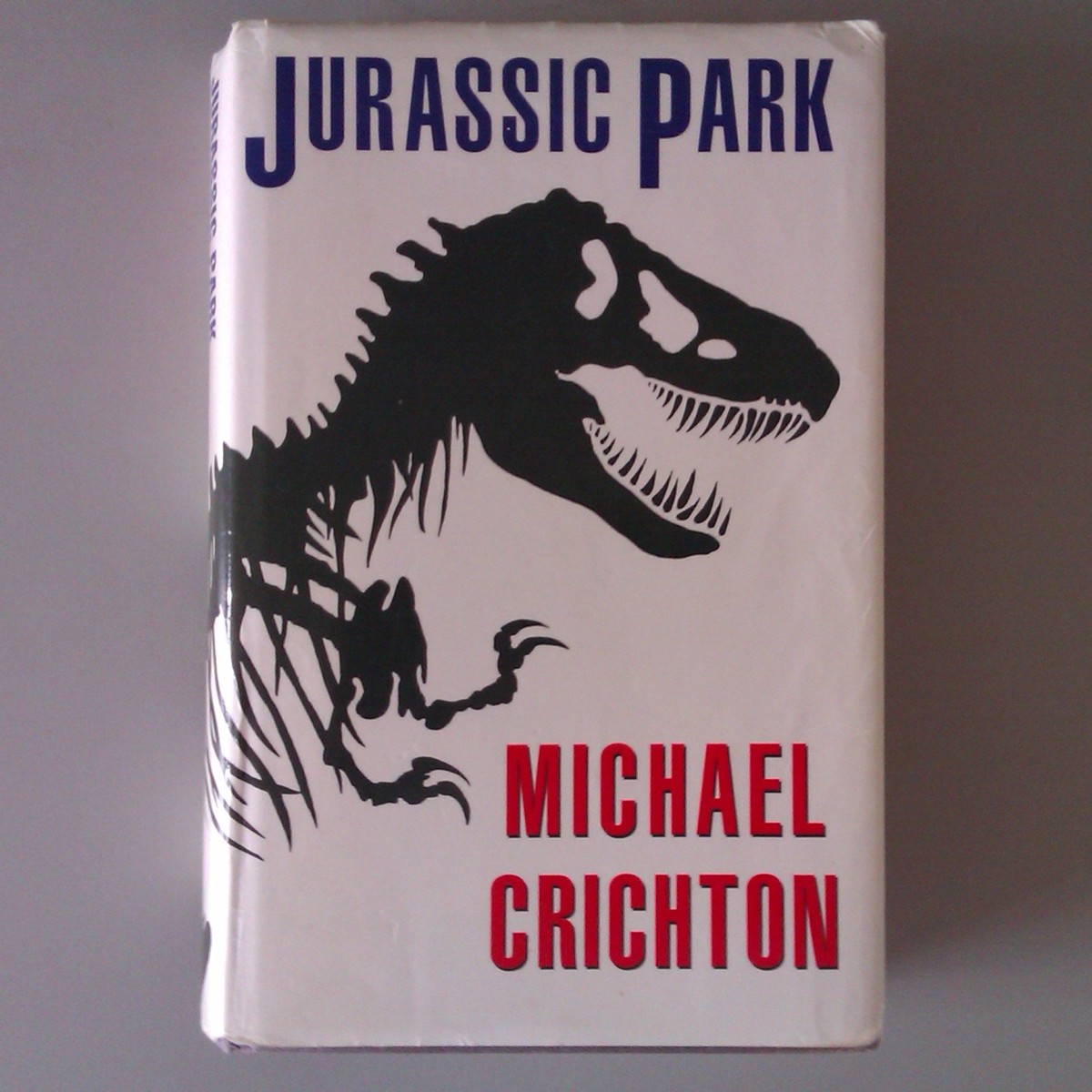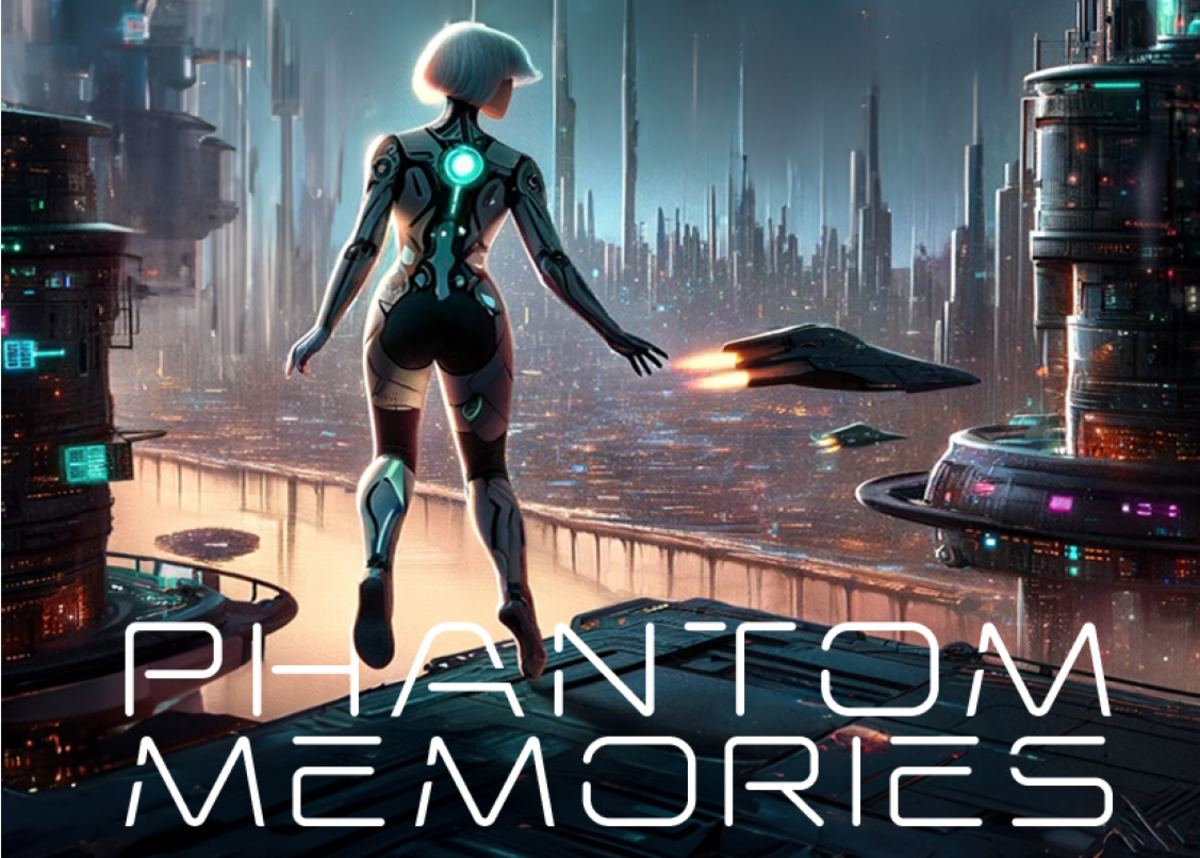- HubPages»
- Books, Literature, and Writing»
- Books & Novels»
- Fiction»
- Science Fiction & Fantasy Books
What is Sci-Fi?
What is it?
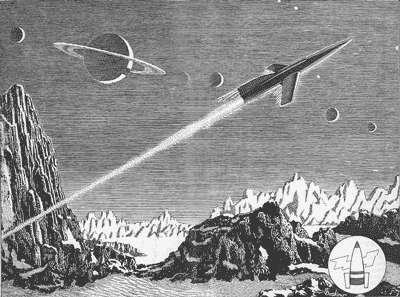
How do you define it?
A question was posed on twitter, as to whether sci-fi was actually a genre or simply a type of setting in which other stories adventures, romances, etc. were told? A similar question is often asked as to what the difference is, if any, between science fiction and fantasy? Are they separate entities or two facets of a single entertainment type? As we live more and more in a world in technological flux what was science fiction yesterday is general fiction now. So what is sci-fi? Is it a separate genre, a type of setting, another sort of fantasy, or something else?
How to guides have some ideas on the definition
Sci-Fi vs Fantasy
When he wrote How to Write Science fiction and Fantasy Orson Scott Card claimed (paraphrasing) that the difference between the two was whether or not the characters did the impossible by pushing a button. Of course even as he proposed that rule of thumb Card recognized it's limitations. Psychic abilities are generally thought of as science fiction but require no button pushing. If it is not overtly stated that an ability is psionic and the setting is not futuristic there is no way for an audience to tell if a characters exhibiting supernatural powers isn't using magic which is usually considered part of fantasy. Then there are things like the Dragonriders of Pern series by Anne McCaffrey that put the fantasy staple creatures on an alien planet that had regressed technologically both of which are considered science fiction. Can science fiction be defined objectively as distinct or is it in the eye of the beholder?
He wasn't set in the future.
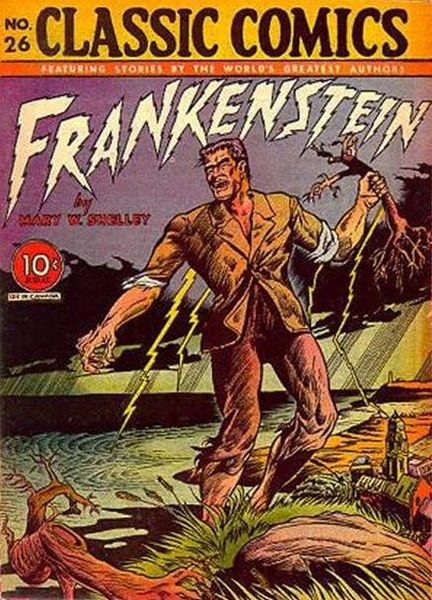
Blurred lines
G.K. Chesterton
Social comentary
One of the great female golden age sci fi authors
Cover artists catered to publishers expected audience
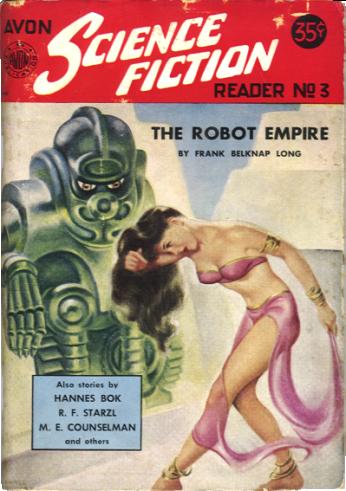
Andre (Alice) Norton
What some people assume it is
When you use the terms science fiction or fantasy people automatically make assumptions about what you are talking about. As with all assumptions those about sci-fi tend to say more about the experience of the person making them than about the subject of the assumption. Some examples
-
Assumption: Sci-fi is always set in the future. Fact: Some of the earliest science fiction Frankenstein and The Time Machine were written about the work of what were intended as contemporary “mad scientists.” More familiar to modern audiences may be the setting of the Star Wars franchise.
-
Assumption: Fantasy is always set in a quasi medieval world with different geography. In addition to the aforementioned Dragonriders of Pern the Conan series is set on Earth in a hypothetical period before what historians consider the dawn of civilization. Then there's the Tales of Alvin Maker series set in an alternate early 1800's America where many familiar historic figures lived quite different lives and folk magic works. Is mention of “The boy who lived.” Also necessary?
-
Assumption: Unless they contain explicit sex or violence science fiction and fantasy are juvenile literature. Fact: Unfortunately this one can be laid at the feet of publishers marketing departments. They make the assumption no one over eighteen wants to read anything fanciful without explicit content so traditional publishers don't print anything else. Writers are then forced to dumb down or sex and gore up their work. Even with the rise of indie publishing an author must often put non explicit work in the juvenile category because that's where the audience knows to look. Many people who grew up on juvenile science fiction and fantasy do continue to read the genre as adults. Certainly some stories that are marketed to youth can be equally entertaining to adults, the Harry Potter series being an excellent example. The Hunger Games trilogy on the other hand with it's reality T.V. meets Roman gladiator setting and revolutionary themes makes one question why it was ever marketed to young people at all.
-
Assumption: Sci-fi and fantasy are always action stories. Fact: Some sort of conflict is usually necessary to make an interesting story in any genre. That does not require chases, gunfights or battles however. The book Little Fuzzy had only one gunfight and spent most of it's time on how to tell if the title character qualified as intelligent life. Asimov's stories were often mysteries or intellectual puzzles but seldom action packed.
-
Assumption: Science fiction and fantasy are purely escapist and have no relevance to the real world. Fact: Science fiction at least is often used to provide real world allegories that allow us to see our problems with fresh eyes. “Star Trek” is famous for that sort of story. It also serves to examine issues that are considered politically or socially unsafe to examine in other genre. 1984, Stranger in a Strange Land, and Animal Farm are all examples. Even when it has no obvious allegory or social commentary, sci-fi and fantasy both, to paraphrase Chesterton, remind us dragons may be beaten. Anyone who has never had to deal with a metaphorical dragon hasn't gotten out much.
-
Assumption: All science fiction characters are secular humanist and all fantasy characters are pagan. Fact: Writers can use fictionalized religion to discuss real world religions issues in what is intended as a non offensive way. Anyone who couldn't see the parallels to real world religion in the Chronicles of Narnia wasn't paying attention. By the same token there are strong parallels between the situation in David Brin's Uplift stories and the real world debate between proponents of intelligent design and evolution.
-
Assumption: Science fiction and fantasy are aimed at an exclusively male audience. Fact: Gender bias exists in all fictional genre and may come from three sources, the author, the audience and the publisher. Writers and publishers who don't cater to their audience's bias won't sell. On the other hand prior to the recent rise of self publishing an author who did not cater to his publishers bias independent of the bias of the audience wouldn't get published. During the “golden age” of science fiction the assumption was widespread that neither science nor science fiction would appeal to a female audience. Consequently writers who did not cater to that bias did not get published. It was so pervasive that female writers like Alice Norton (better known as Andre Norton author of the Time Trader and many other works) and other female authors were forced to assume male or androgynous pen names. Although more recent sci-fi has showed more gender equality in it's portrayal of female characters, bias among the publishers has continued as recently as the publication of the Harry Potter book series. Joanne Rowling was forced to publish under her initials (using her mothers initial in place of the middle name she didn't have) as J. K. Rowling because of the publishers assumption that the audience would not buy a fantasy book written by a woman. Rowling's subsequent fame may have dealt the bias a blow but only time will tell if it has finally been killed. Unlike science fiction female roles in fantasy tend to depend on the society depicted. Fantasy set in modern times depicts women as equals and (at least in the wake of Twilight) is often written for a feminine audience. Fantasy that adheres to real world historical gender roles necessarily restricts the part women play and may be less appealing to a female audience.
There are probably endless more examples of assumptions that are not true about science fiction and fantasy. But refuting them can only serve to say what the genre isn't.
Hard Sci Fi vs Science Fantasy
So what is it?
So is there something that science fiction uniquely is that is distinct from fantasy or any other type of literature? It absolutely in some way involves the science or pseudo-science of the era in which it was written. Whether it is the quantum mechanics of alternate history or the Newtonian physics of travel within the solar system. If the science itself and it's implications aren't the primary focus of the story they do provide a means to access the stories focus. Sci-fi also frequently relies on proposing technology that is ahead of what exists in the real world. Other fiction may portray advanced technology but the science behind it is not the focus this is common in spy novels and movies. Other works rely heavily on science but not have advanced technology, many crime dramas for instance. In science fiction the science takes center stage often with the author spending time explaining the it (however hypothetical). This may, in part, be a holdover from the days of the genre being exclusively marketed to young males, who might be required by parents to demonstrate that they were reading something with “redeeming value.” It may also be a result of having an audience with a strong interest in science and a desire to explore how the things portrayed might be accomplished. This makes science fiction quite distinct from fantasy which, although it might provide some description of the mechanics of magic, does not generally root it in any real world science. Not that their isn't some crossover. Psionic abilities may be explained using the language of parapsychology but whether that means it has real world application is a subject of debate in scientific circles as well as literary ones. Many refer to these works that blur the line between science fiction and fantasy as “science fantasy” and consider it distinct from “hard sci-fi” that strictly adheres to known scientific principals.
- Genre - Definition and More from the Free Merriam-Webster Dictionary
Definition of genre from the Merriam-Webster Online Dictionary with audio pronunciations, thesaurus, Word of the Day, and word games.
Is anything just one genre?
If science fiction can be defined by it's focus on science and the frequent presence of advanced technology does that make it a distinct genre? It certainly seems to fit the definition of having a particular style and content. It makes for a rather large umbrella though. Stories about time travel can differ a great deal from those about aliens which will differ from those about A.I.. One might be tempted to try and subdivide sci-fi by sub-genre but as with the differentiation between science fiction and fantasy crossovers occur making it impossible to completely subdivide. Science fiction also experiences crossover with every other type of fiction. It may include mysteries, war stories, romances or any other tale. This is no different from any other genre a romance might occur in the middle of a war, or a mystery might range from serious to comedic. Ultimately when a book is classified it is according to whom the publisher thinks will buy it. That classification may say more about the publisher than the story or the reader because stories that can only be categorized as one genre are few and far between.






